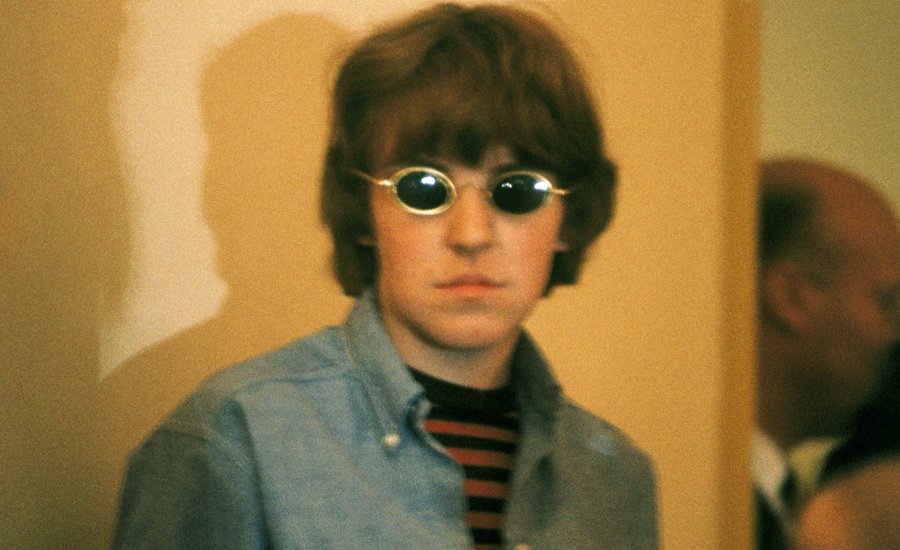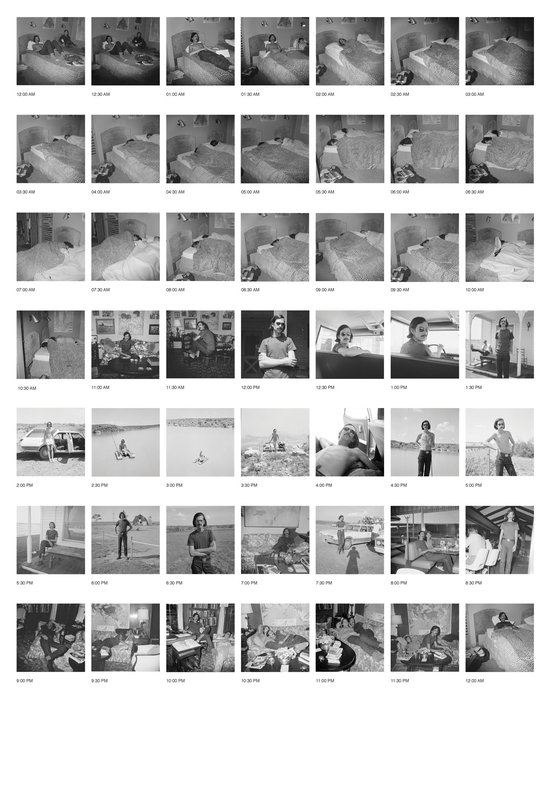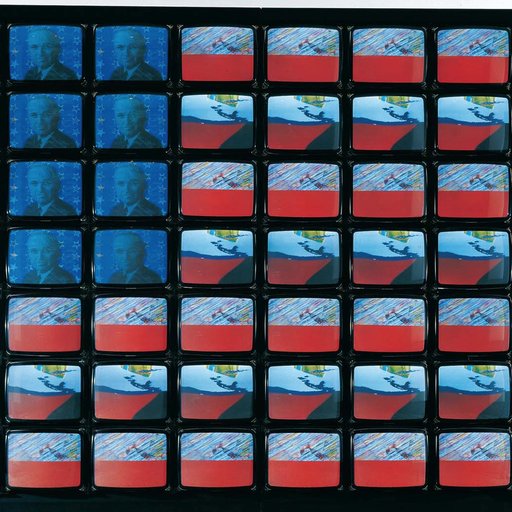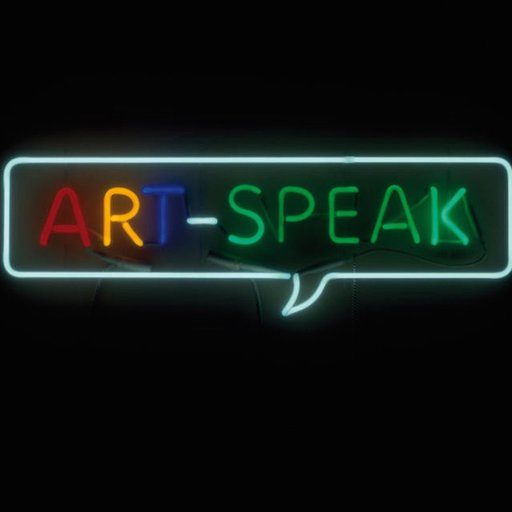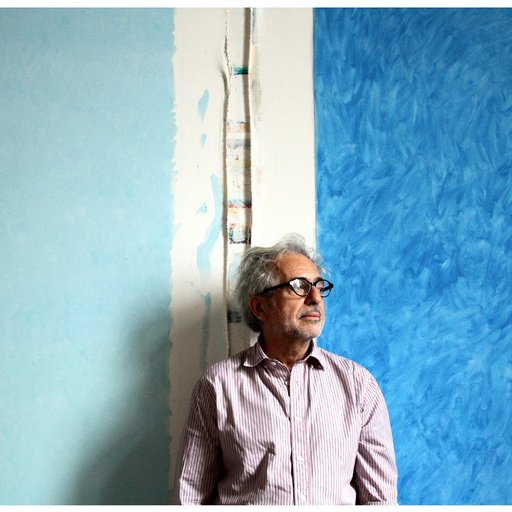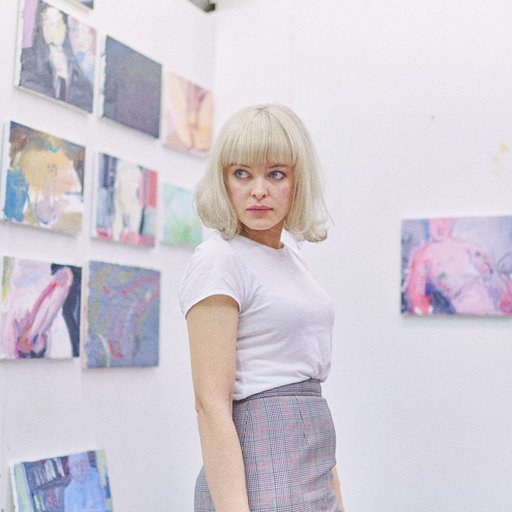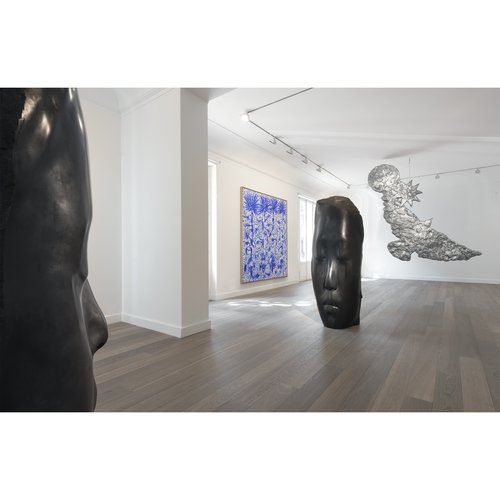The Factory was an epicenter of experimentation where Andy Warhol assembled a menagerie of artists, musicians, heiresses, and other assorted rebels, all instrumental in America’s Pop art craze and even the later development of punk rock. John Cale, Nico, Sterling Morrison, and Lou Reed reimagined what music could be as part of the Velvet Underground, while Edie Sedgwick starred in films, Paul Morrissey made them, and Stephen Shore—starting when he was a 17-year-old high-school dropout with an ebullient photographic eye—took pictures, documenting their experience against silver walls, solidifying the brand of pure cool that could only exist there.
Phaidon has collected oral histories and Shore’s rarely seen photographs in Factory: Andy Warhol, a new monograph exposing the legendary studio. Amid all the drugs and rock n roll, Maureen “Moe” Tucker would commute in from Levittown to play drums as the shyest member of the Velvets and hound Warhol for gas money. Here, she recounts her memories of joining the band and Warhol’s crew as a suburban tomboy who never quite fit in.
All photographs below by Stephen Shore.
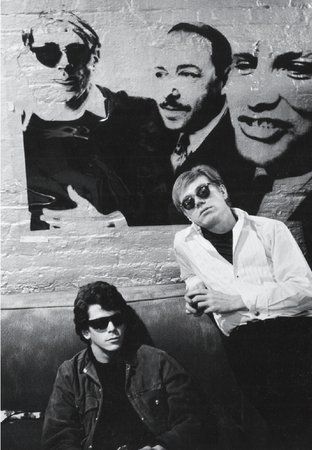 Warhol and Lou Reed
Warhol and Lou Reed
I started playing in the Velvet Underground in late 1965. Sterling was a friend of my brother’s when I was twelve years old. Basically I had always known him. And my brother went to Syracuse University, where he met Lou, and Sterling met Lou through my brother. At that time I was extremely shy and unconfident. One thing I realized later—the reason I liked Andy so much—was I never felt out of place in the Factory, even though, given my personality at the time, I should have felt very out of place. I was living in Levittown. I worked in the day, as a data-entry person, and I would go in to visit if we were playing or just to hang around for the weekend.
Here I was, this Levittown goofball, walking into the Factory with Andy Warhol and all his cohorts. I knew who Andy was and could have been made to feel very out of place, which I was. In a way I was out of place, not really as I got more comfortable, but it was pretty wacky at the Factory in those days. Not totally nuts, but a hell of a lot more nuts than anything I was used to. I didn’t take drugs or have any interest in taking drugs, and I was not at all interested in obscenity or vulgarity. When I think about it, it’s funny that I didn’t run out screaming. But I liked all those people so much, and no one was ever trying to make me take anything, so there was no pressure. No one was making me feel like a schmuck because I didn’t take drugs. And yes, there were a lot of drugs around. But also a lot of really interesting, funny people. And I always felt completely at home.
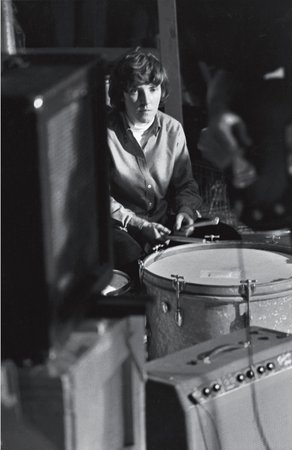 Maureen "Moe" Tucker
Maureen "Moe" Tucker
We were all on completely friendly terms, but I never became close friends with anybody. Ondine I liked a lot. Gerard I liked a lot. I had zero in common with most of the other women. Just nothing. I’m not casting aspersions upon them, but, like I said, I was this Levittown tomboy, goofball. With someone like Edie—we had nothing whatsoever. We didn’t dislike each other, but we didn’t become friends.
Andy and I had a very special friendship. Not a close personal friendship where we told secrets or anything like that, but I think a mutual respect, maybe, and not quite admiration—well, admiration, but I don’t mean it like it sounds. Andy’s whole persona was particularly poignant. Just his manner. Just getting more famous by the minute and having all these great ideas and all these interesting people around. He never became an asshole.
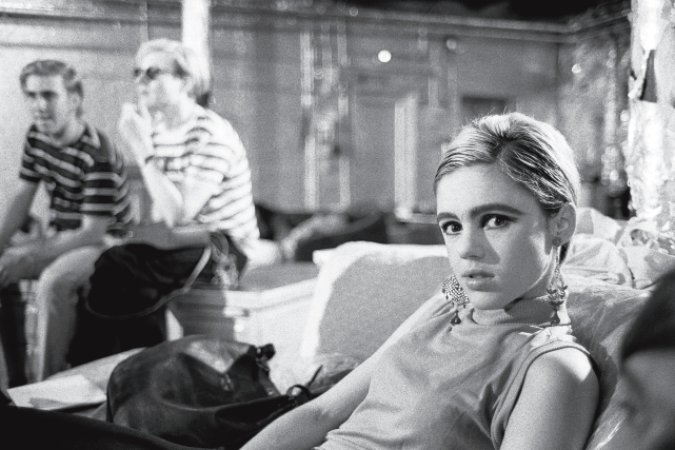
He was cheap as hell. I would drive into the city for the weekend, and when it was time to leave I’d need some gas money, and I would wind up chasing him around the Factory, and we turned it into a slapstick routine, you know, after the first time. I would be running around saying, “Come on, Andy, give me some damn money; what the hell’s the matter with you?” “Oh, no, just a minute,” he would say, and he’d go skittering off somewhere.
I remember playing at the Café Bizarre when he first came to see us. I remember that night. It was exciting. Of course, we all knew who he was. And wow, you know, my first celebrity. I really doubt very much if he had to think about it at all, because we were just what he was looking for.

This is a story from the newer Factory at Union Square. I was typing for Andy, transcribing A: A Novel. He had all this stuff on tapes and needed someone to listen and type it. I was just laying around, not working, and he said, “Moe, do you want to type for me?” I said, “Sure.” He gave me $50 a week or something, and all I could eat and drink at Max’s, which was heaven, since it was where we hung out, first of all, and four or five blocks from where I lived, so this was great. I would go to the Factory each day and sit with the tape recorder and the earphones and start typing stuff, and after a day or two Paul Morrissey came to look and see how I was doing. He was reading it—what I had done was leave blank spaces where all the dirty words were. Like if he said, “fuck,” which to me in those days was a horror, I left four spaces. Paul said, “Oh no, what are you doing?” I said, “You know I don’t like that kind of talk, so I don’t want to type it.”
The next thing you know, Andy comes over and sits on the desk and says, “Oh, Moe, you’re not typing the curse words.” I said, “I don’t want to do that. If you don’t want me to continue, that’s fine.” “Oh, no, that’s fine. Could you just put the first letter in?” I said, “No, no, cause that would be helping you.” And he said, “Oh, okay,” and walked away. That was the end of that. But they filled them in; I didn’t fill them in. I guess I probably knew Andy was Catholic. But I wouldn’t even swear I did know that. Later I found out that he went to church all the time, worked in soup kitchens. I don’t know. Maybe he just understood my feelings because we were both Catholic.
 Cale; Jan Cremer, Dutch author; Morrissey; Nico; Malanga, in front of World Theater; Nico appeared in The Sweet Skin
Cale; Jan Cremer, Dutch author; Morrissey; Nico; Malanga, in front of World Theater; Nico appeared in The Sweet Skin
Upon thinking of it later, I think he admired that I didn’t want to be in a movie or take drugs, and I just didn’t and didn’t make a big stink about it, didn’t lecture people, and they didn’t lecture me. We just all liked each other. My most poignant memories are having a good time with all those people. Hanging around the Factory or going to Max’s. I would drink my beers, and they’d do what they were doing.











